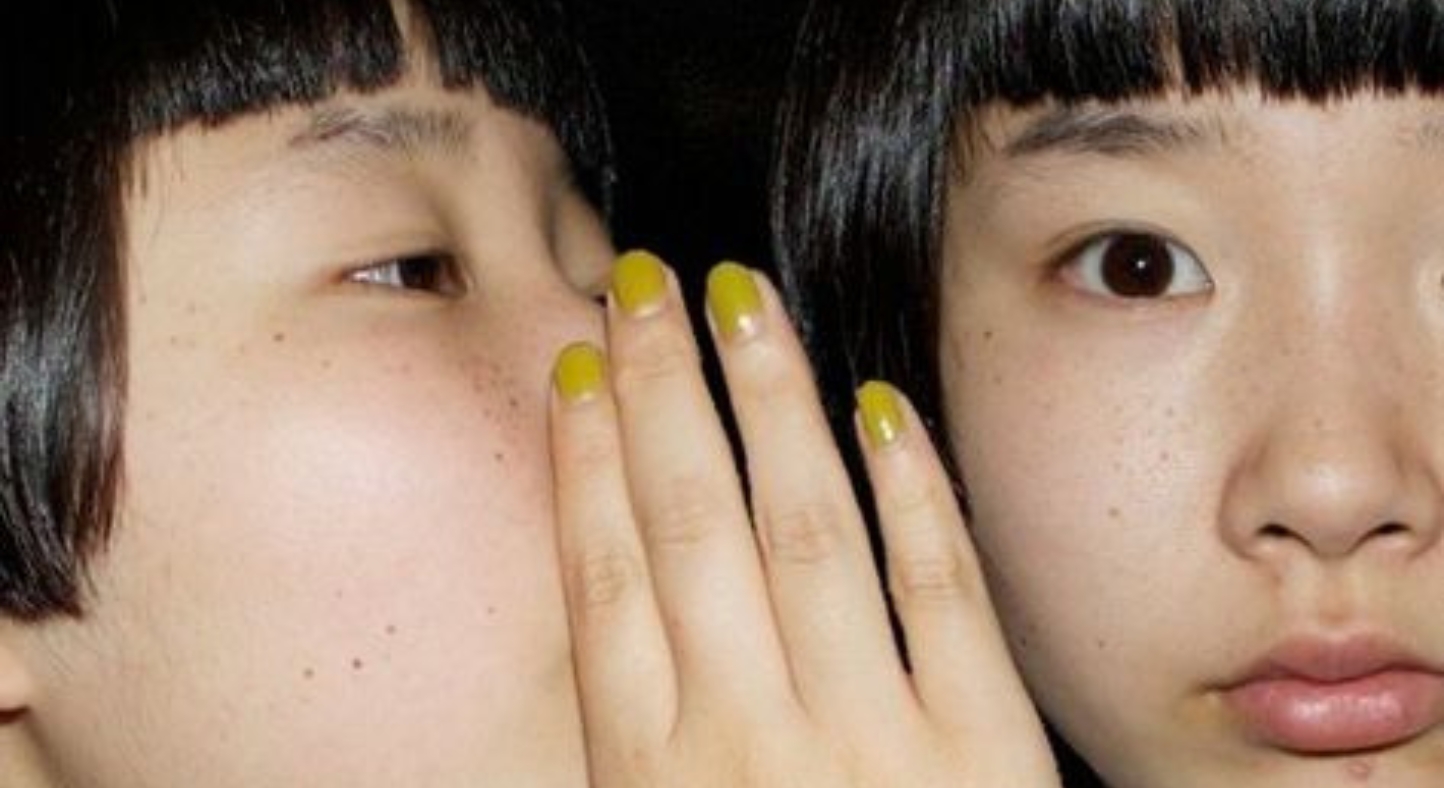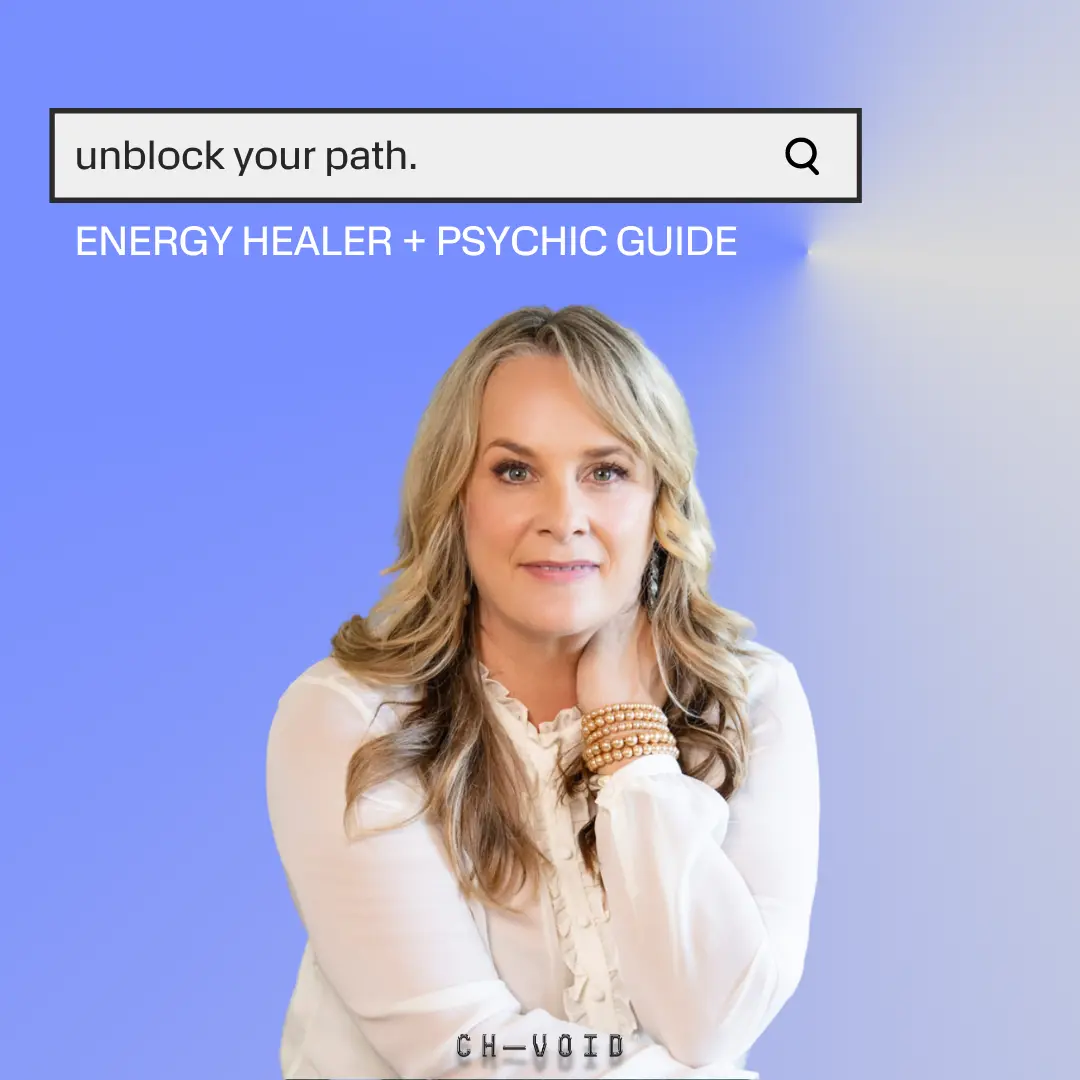Big ego energy
All those thoughts you hold about yourself can be challenged.
What comes to mind when you hear the word ego? Brash confidence? Apologetic timidity? Grand arrogance? Ty Dollar $ign’s 2020 covid banger Ego Death? There are a lot of ways to define the ego but I find it most helpful to think of it as the voice in your head – the one saying things about you and telling you what you should and shouldn’t do based on who you are.
Usually, we’re not aware of our ego because it’s part of our unconscious mind. Have you ever noticed that you kind of tune in and out of your internal voice like patchy rural radio on a road trip? Or how your brain filters out the fact that you can see your nose? Bringing your ego into your awareness can be challenging and confronting because getting to know your ego means understanding the beliefs you hold about yourself and how that affects your behaviour.
It’s all in your head
Our ego is made up of all the thoughts, opinions and beliefs we have about ourselves. These beliefs act as our reference point for our perception of the world. It helps moderate our behaviour by remembering how we reacted to similar situations in the past and unconsciously tells us what to do now. The problem is, our ego constructs its own truth and doesn’t always have our best interests at heart.
Why poke your ego?
Ego starts forming in young children as we gain awareness that we’re different to other people and we start to build our sense of self – our identity. We don’t really understand ourselves or the world so we rely on others to cue our self-beliefs. If someone calls us smart, our unconscious mind will remember that and, like a greedy little hoarder, stash it in our ego. And, if we never reflect on our ego, that childhood belief might remain part of our sense of self forever, and our actions might start to revolve around protecting that self-belief. As our ego continues to develop, and hopefully strengthen, we begin to rely less on others for caring about our self and more on our own beliefs and opinions. However, that’s not always the case.
Sometimes without realising it, we continue to seek external validation well into our adult lives. This disempowering behaviour places our happiness and sense of self in others’ hands, which is like holding a grenade and asking someone else to hold the pin. It’s impossible for someone else to care about your sense of self as much as you do.
If your ego isn’t well developed, you won’t trust your self-beliefs and you’ll seek validation from others, if it’s over-developed, you’ll reject anyone and everyone who doesn’t serve to reinforce your egoistic ideal self. That can range from the harmless, asking a friend what they think, a healthy behaviour, to the toxic, which is going to extreme lengths to prove beyond any doubt that your self-belief is true and correct.
Why be mindful of your ego?
A single belief about ourselves can unconsciously influence all of our thoughts, actions and interactions with others, including friends, family and lovers. If we can better understand our ego and its beliefs, we can bring their unconscious biases into our awareness, challenge the belief it’s based upon and better understand our behaviour and its machinations.
We form beliefs about ourselves but rarely stop to question their veracity. Our sense of self is built on positive and negative thoughts – I’m smart, I’m pretty, I’m a good friend, I hate people but hide it well with a quick wit and half a smile, I’m lazy, I’m a terrible public speaker, I’m shy, I’m not a morning person. Our brain creates this thought based on past experience or maybe even a comment we heard once and our ego holds onto it because it thinks it’s true. The good news is, all those thoughts you hold about yourself can be challenged, and they’re worth scrutinising because some of them may’ve been formed when you were a young child.
What’s a healthy ego?
Think of your ego as robust or fragile, rather than big or small. A healthy ego is robust and helps you overcome immediate pressures and impulses when choosing the right course of action. Say someone throws a drink on you at the pub. A robust ego would realise that escalating the conflict and getting into a fight won’t protect you from looking ‘weak’ and so, it decides to walk away. A fragile ego takes it personally. It starts creating a story around the tosser’s motives – they threw the drink at me because they think I’m an easy target, not cool, look like a sponge and as your ego’s story builds momentum so does the pressure and the impulse to react to protect itself in the moment intensifies until you can’t think past what you must do in the immediate now. To hell with consequences, we must act! A healthy ego doesn’t need protection.

What’s an unhealthy ego?
Signs of a fragile ego are uncertainty in your sense of self and identity, poor impulse control and being overwhelmed or distracted by desires, being emotionally unstable or volatile, and a sense of inferiority too. Above all else, an unhealthy ego will act to protect itself at the expense of everything else, even your happiness – like breaking up with someone you like to protect yourself from the pain of the possibility that they won’t like you enough to stay with you. If some of these hit you in the heart, it’s okay. Acknowledge what you’re feeling and try deepening your understanding about why you feel one of these traits applies to you. Dig into it, shying away from it is part of the reason it snuck its way into your ego and took hold in the first place.
How to instigate change
You can change your ego. You can strengthen it, you can challenge beliefs you have about yourself and in doing so shed some negative behaviours. Let’s say you realise that you feel like you’re not good enough too often. Ask yourself why you believe you’re not good enough and in what situations does this thought arise. Where did that belief come from? When did you first think that? These beliefs often take hold in our childhood so go for a wander down memory lane. There may be a core memory buried deep in your subconscious that your ego held onto, created a narrative around, which then became part of your identity without you even knowing it. If you can identify that memory and understand that the story your ego created around it isn’t true, you can challenge your sense of inferiority. You can acknowledge that just because you felt inferior one time doesn’t mean you’re not good enough now. You can reject the idea that you’re not good enough and embrace that you are great, that you are worthy of praise but can equally exist happily without it.
How to have constructive conversations with yourself and others about ego
Without honesty, your ego runs wild like a brumby in the mountains, impossibly untameable and a danger to yourself and others. Reflecting without criticism is crucial in understanding your ego and identifying the problematic self-beliefs you’d be better off cutting loose. Remember that self-reflection is like driving on the highway in the right-hand lane, if you miss your exit, you’re in the fast lane on the ring road to cyclical thinking and before you know it, you’re filling your tank with all your shortcomings. So remember to reflect, indicate, then take your exit. It can be a lot, so take in moderation.
Some things are best enjoyed with others, so you might find it helpful to talk through this with someone you trust. It is deeply personal so select your sounding board carefully. A good place to start is by simply writing down some statements about yourself. Describe who you are as a person, your behaviours and traits – good and bad – and be brutally honest. Ask your deep dive buddy to do the same and talk through them. There will be differences because everyone creates a different idea of your identity – it’s wildly subjective. Take solace from this because while your ego may tell you that you’re a terrible dancer, your friend might think you’re an amazing dancer.
Signs of an overactive ego
So how do you know if your ego is getting in the way of your happiness? The most obvious sign is overcompensating behaviours. When our ego tells us we’re smart, and we’re presented with something that contradicts this, it triggers a defence mechanism. Our ego tricks our brain into thinking it’s being attacked and so we reject it. Our ego creates excuses and reasons it can’t be true. It refuses to take responsibility, it blames others, it will make you go out of your way to prove to them, but really your ego, that the belief you hold is true and correct – you overcompensate.
Let’s say you believe yourself to be polite and courteous but you meet a friend of a friend and you hear through back channels that they think you’re rude and arrogant. Your ego stings when it hears this. It screams, no, they can’t possibly think that about me because I know me and I know I’m polite and courteous. Maybe they have the wrong person. Or maybe they misinterpreted something I said. Whatever the case, next time I see them, I’ll be extra nice to show them how polite I am. Then they’ll see that they were wrong and I am, in fact, polite and courteous. That mental process, which usually happens unconsciously, is emotionally exhausting because your body registers it as a threat – it stresses your brain and drains your energy. Then you try really hard next time you see them wasting more energy resolving this perceived conflict. But the thing is, what they think about you truly doesn’t fucking matter.
How to maintain a healthy ego (intention setting)
Once you’ve uncovered some mischievous self-beliefs, set some intentions to help guide your ego development and tie them back to the self-belief you are challenging or changing. Write them down, read them regularly to keep them front of mind and when you achieve your intentions, celebrate the win. If you want to be less reactive when someone gives you feedback, you might write, ‘The next time I receive feedback or someone criticises me, I will remember they are trying to help me and they are not criticising me or my abilities.’
Pobody’s Nerfect, so go easy on yourself. You can save yourself a lot of anguish and stress by keeping your ego in check; by creating a more robust ego that doesn’t rely on others’ validation to reinforce your sense of self. Now’s a great time to remember not to let perfect get in the way of great – I don’t know any perfect people but I know plenty of great ones. See if your ego can adopt this belief: you are compassionate and capable of change. When you stumble, you get back up and keep trying.
Understanding your ego is an ongoing practice. You will forget about your ego, you’ll disappoint yourself and become frustrated but that’s part of growth. Identifying the self-beliefs playing puppet master with our actions is incredibly liberating and the more you uncover, the more robust our ego will become – this is growth.
+ HEADER IMAGE: Miyazaki
+ IMAGERY: @archillect





















